Publications
Articles, publications, books, tools and multimedia features from the U.S. Institute of Peace provide the latest news, analysis, research findings, practitioner guides and reports, all related to the conflict zones and issues that are at the center of the Institute’s work to prevent and reduce violent conflict.
Question And Answer
Amid a Changing Global Order, NATO Looks East
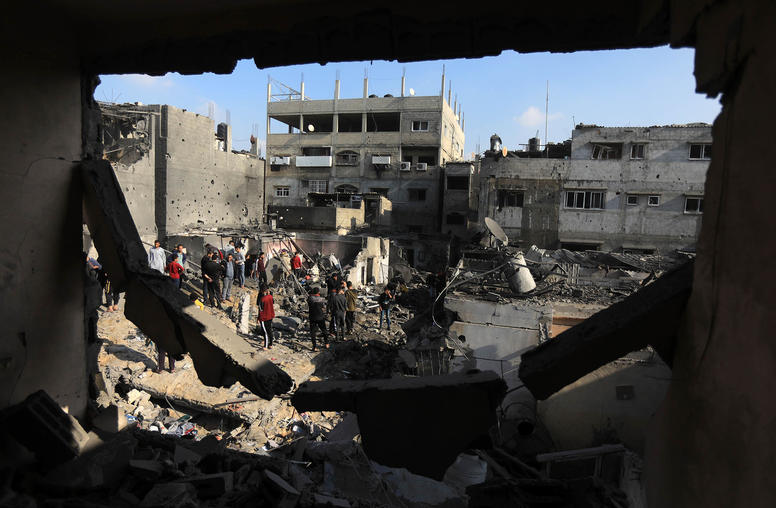
What Does the U.N. Cease-Fire Resolution Mean for the Israel-Gaza War?
On March 25, the United Nations Security Council (UNSC) passed Resolution 2728, calling for an “immediate” cease-fire in Gaza. The motion’s passage came after weeks of back and forth and posturing among the UNSC’s permanent and rotating members. The exact phrasing of the resolution and its relevance to the situation on the ground, as well as bilateral and multilateral relations — particularly U.S.-Israel ties — have been the subject of heavy public and media attention since Monday, raising questions about the resolution’s subtext, intent and limitations. USIP’s Robert Barron looks at these questions.
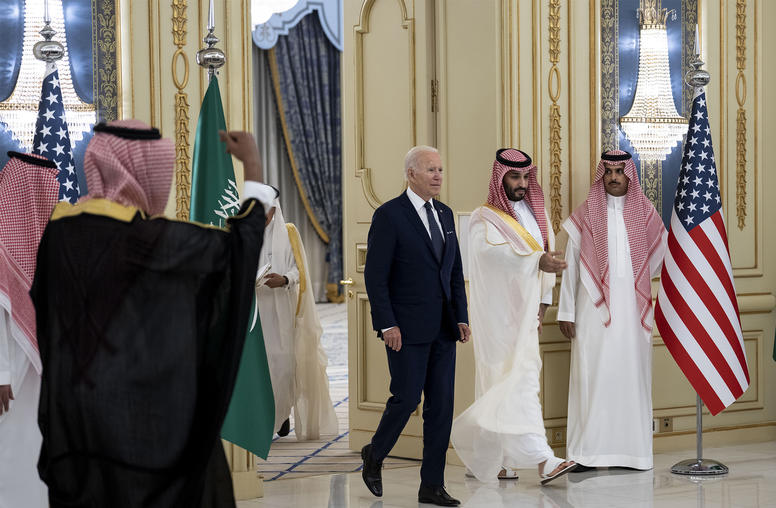
Is a Saudi-Israel Normalization Agreement on the Horizon?
In recent months, a drumbeat has built around the U.S. effort to negotiate a normalization agreement between Israel and Saudi Arabia. The deal would be a tectonic shift in Middle East geopolitics, but also carries major implications for other actors beyond the three negotiating parties. Israel would, of course, benefit from normalized relations with the Saudis — long seen as the “holy grail” of potential normalization agreements for the country. The Saudis, in turn, would see their interests advanced through strengthened U.S partnership in key areas. But this deal could also have serious implications for the future of the Palestinian national movement and, further afield, for the role of China in the Middle East.

Robert Barron on the Violence in the West Bank
After an especially violent month in the West Bank, a two-state solution seems as distant a prospect as ever — leaving many “worried that we could be witnessing a spiral” in the Israeli-Palestinian conflict as no one seems inclined “to take the steps that would be required to realize a two-state solution,” says USIP’s Robert Barron.
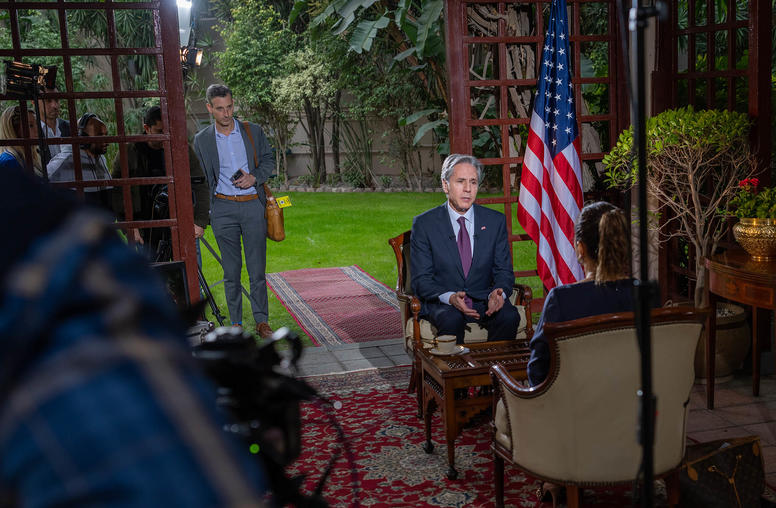
Takeaways from Blinken’s Trip to the Middle East
The Middle East has not been a high priority for the Biden administration thus far, with issues such as Russia’s war in Ukraine and escalating tensions with China taking precedence. However, recent developments in the region are catching the administration’s attention, and Secretary of State Antony Blinken’s visit to Egypt, Israel and the West Bank earlier this week sought to reaffirm U.S. engagement in the Middle East amid political turnover in Israel, spiraling violence in the Israeli-Palestinian arena, stepped-up Iran-Israel tensions and a deepening economic crisis in Egypt.

For Israelis and Palestinians, a Tragic Spiral Reemerges
Since late last week, violence between Israelis and Palestinians has rapidly escalated in the West Bank and around Jerusalem, and January has proven to be one of the most violent months in the West Bank in decades. Attacks continue, exacerbated by bitter publics, frenzied politics and fragile institutions in the West Bank. The Israeli-Palestinian conflict may be in a spiral toward a third intifada and even the possible end of the two-state paradigm.

Could the Israel-Lebanon Maritime Border Deal be a Game-Changer?
Israel, Lebanon and the United States announced this week that a deal has been reached between Israel and Lebanon on each country’s maritime border. Negotiations between the parties over the 330-square-miles of the Mediterranean Sea have proceeded with stops and starts since 2020, but over the past few months edged toward a mutually acceptable outcome. Under the agreement, the contested waters will be divided by a line straddling the “Qana” natural gas field. Both parties would be able to produce gas on their side of the line, in addition to royalty arrangements agreed upon. A buoy line will remain between the two countries.
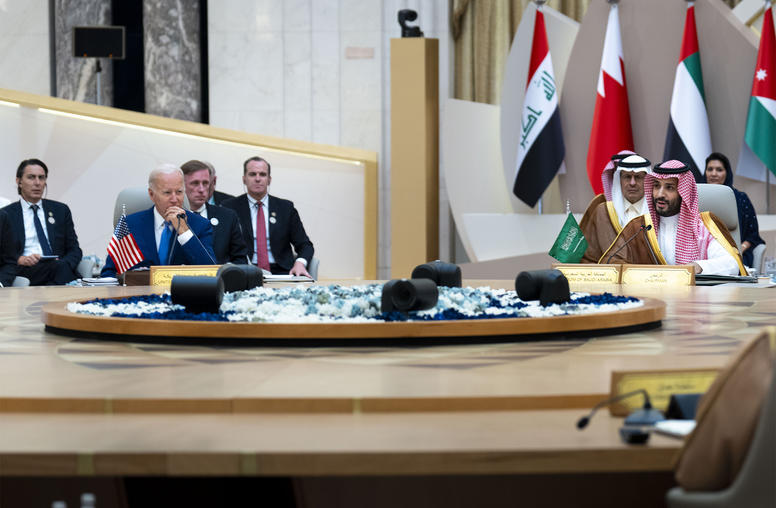
Five Takeaways from Biden’s Visit to the Middle East
President Biden made his first trip to the Middle East last week, visiting Israel and Saudi Arabia. While the trip yielded little in the way of flashy announcements — like new normalization agreements or Saudi Arabia boosting oil production — it did demonstrate that the United States remains focused on enhancing the region’s security architecture, particularly to counter Iran. Still, there were some notable developments, like a U.S.-Saudi agreement to build 5G and 6G telecommunications networks and Riyadh opening airspace to Israeli flights. On the Israeli-Palestinian front, the president affirmed Washington’s long-standing commitment to Israel and said that now was not the time to reengage on peace talks with the Palestinians.
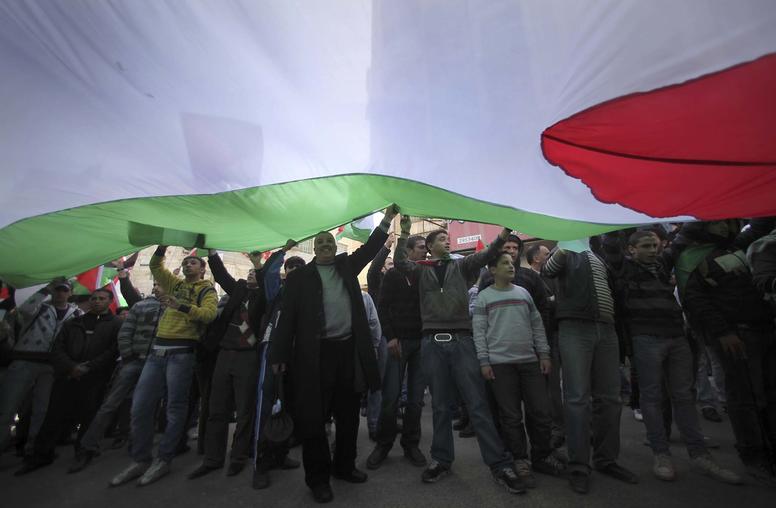
Palestinians’ Divided House Hampers Peace
In a scene reminiscent of the uprisings that swept the Middle East 10 years ago, Palestinian protesters took to the streets over the weekend, chanting, “The people want to bring down the regime.” The recent death of activist and Palestinian Authority critic Nizar Banat while in the custody of Palestinian security forces was the proximate cause for the unrest. But Palestinians’ disenchantment with their leadership has much deeper roots. Fifteen years after the last national elections, the Palestinian polity is as fractured as ever, adding but another obstacle to resolving the seemingly intractable Israeli-Palestinian conflict.
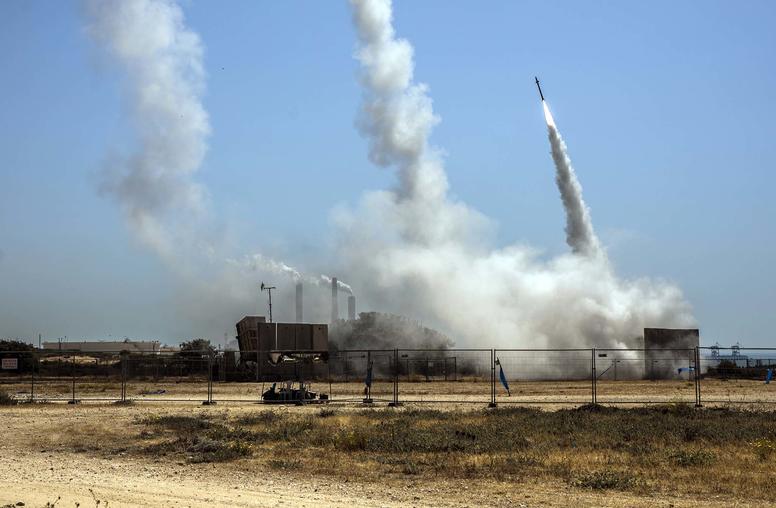
What Sparked the Latest Israeli-Palestinian Confrontations?
For weeks, tensions have been building between Israelis and Palestinians in Jerusalem, with a confluence of recent events and longer-term trends leading to the latest violence. Israeli restrictions around holy sites during Ramadan; increasingly intense protests and violence on both the Israeli and Palestinian sides, with each side blaming the other for initiating; and a court decision, now under higher court review, to remove Palestinian families from an East Jerusalem neighborhood preceded this latest round of conflict — the most violent since the 2014 Gaza war. More broadly though, sclerotic Israeli and Palestinian internal politics not only made this conflagration more likely, but also mean that finding a path to de-escalation will be more difficult.
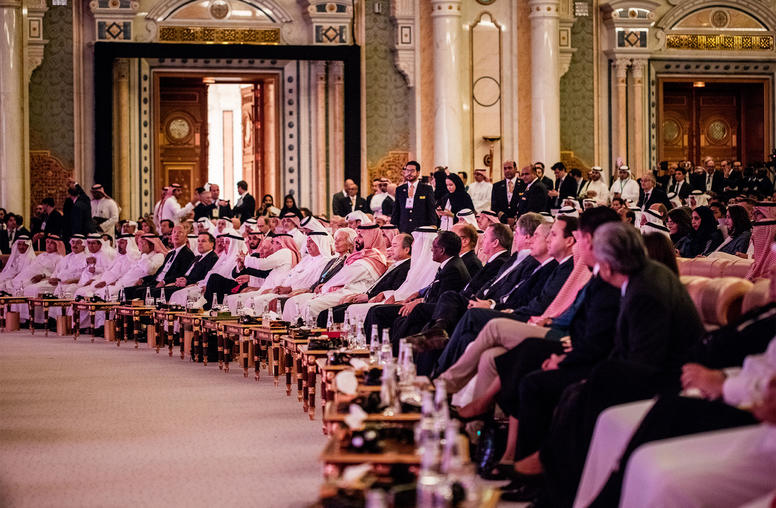
After UAE Deal, How Can Arab States Impact Israeli-Palestinian Peace?
For decades, many Arab states were united in their hostility toward Israel and support for the Palestinian cause, even though in some cases that backing was simply rhetorical. In recent years, however, Israel and some Arab countries have engaged in a quiet rapprochement, spurred by common concerns over Iran’s influence in the region, among other things. The August 13 announcement of the “Abraham Accord” between Israel and the UAE was the most public and dramatic demonstration of these shifting regional dynamics. But what does this mean for the Israeli-Palestinian conflict and the role of the region in finding a resolution?